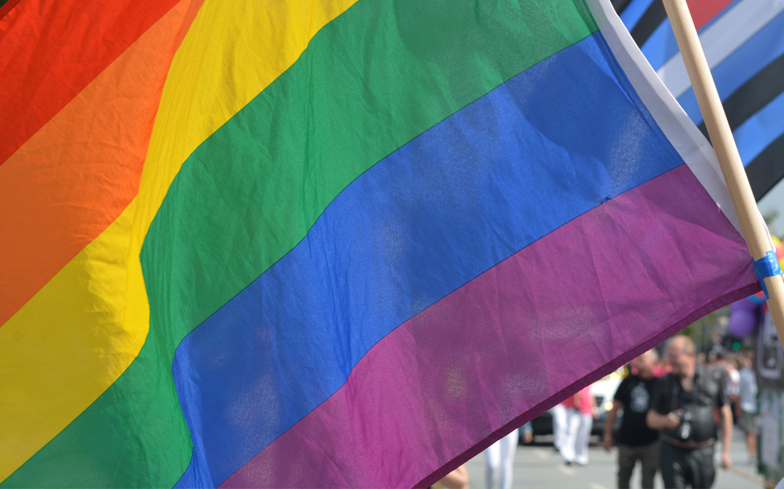
Angola has decriminalised homosexuality.
The southern African nation removed the “vices against nature” provision in its law, which was interpreted by many to be a ban on same-sex sexual activity, according to Human Rights Watch.
As well as legalising homosexuality, Angola’s government have now made it illegal to discriminate against people on the basis of sexual orientation.
It means that any person or company refusing to employ or provide services to an individual because of their sexual orientation could face up to two years in prison.
The changes were introduced on 23 January as Angola’s parliament updated its colonial-era penal code. It’s the first update to the country’s penal code since it gained independence from Portugal in 1975.
According to a 2017 poll conducted by ILGA, 61% of Angolans believed that gay, lesbian and bisexual people should enjoy the same rights as straight people, while 65% agreed they should be protected from workplace discrimination.
Meanwhile, 63% of Angolans said that transgender people should have the same rights as cisgender people.
Iris Angola, the country’s main gay rights organisation who were granted legal status last year, called the decision a “historic moment” for the country and said it would help them support the rights of LGBTQ people.
69 countries still criminalise same-sex conduct, according to Human Rights Watch.
Last year, India’s supreme court overturned a colonial-era law that had criminalised gay sex for more than 150 years.
The archaic law – known as Section 377 of the Indian penal code – had been imposed on Indian citizens since British rule, and it penalised intercourse “against the order of nature” with a sentence of life imprisonment.



